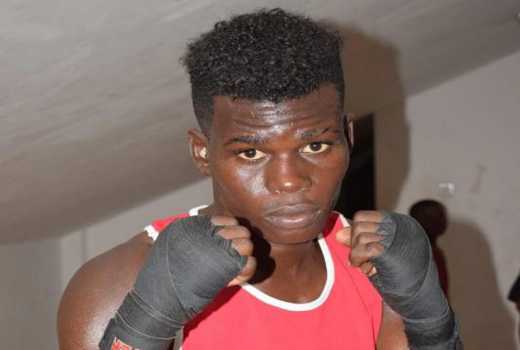×
The Standard e-Paper
Kenya’s Boldest Voice

American heavyweight boxer Muhammad Ali, arguably the most stylish and greatest boxer of all time, once said: “Champions are not made in gyms. Champions are made from something deep inside them — a desire, a dream, a vision.”
He was right.